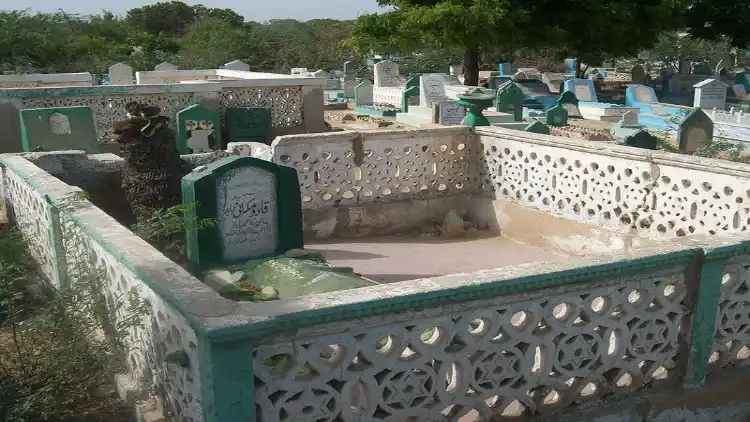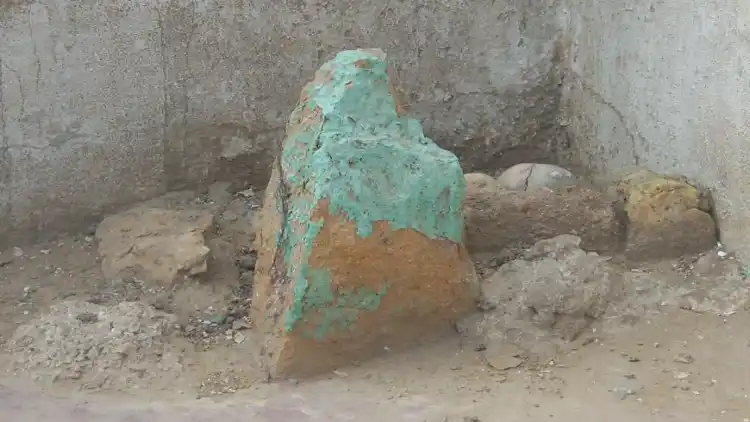
.webp) Saquib Salim
Saquib Salim
The fun of being a historian is that you can stumble upon a fact from the most unusual sources and then end up extricating an untold story from it.
A few years back, I was reading History of Plastic Surgery’ by P. Santoni-Rugiu and P.J Sykes to understand the role India has played in the development of this science. I found evidence of what I was searching for. However, while reading the chapter on the development of rhinoplasty (nasal reconstruction surgery), I found the contribution of Dr. Tribhovandas Shah of Junagadh and it was something the world needed to be told about.
From the mid-1880s till around 1900, this doctor had carried out more than 300 rhinoplasties successfully. The number was unusually high. While most of the doctors could not find even a dozen such cases in their lives, Tribhovandas operated upon hundreds of patients who needed nose correction surgery. Now, more than the history of plastic surgery in India, I wanted to know the secret behind this unusually high number of surgeries done by a single doctor.
My quest took me to a library. I found a book titled Rhinoplasty by Dr. Tribhovandas, published in 1889. Till that time he had carried out 100 surgeries. Tribhovandas was already being acknowledged worldwide as a pioneer of this surgery. In the book, he writes about Makrani outlaws of Junagadh. Digging further into this name, I came to know about a great anti-British revolutionary, Kadu Makrani alias Qadir Bukhsh Rind Baloch.
What I found was a suppressed history of a a tribal leader who fought against the British and laid down his life in service of his motherland.
Kadu Makrani was a tribal from Makran in Balochistan. As the British started expanding their territories they also exploited the tribes. The British looked down upon their practices. Makrani tribals led by Kadu migrated towards Kathiawar in Gujarat where the local rulers was already being controlled by the British. Kadu saw that to fulfill the demands of their colonial masters local rulers were exploiting their own people. Kadu organized his tribe into armed gangs and took it upon himself to save the poor peasants and artisans from the excesses.
The treasures of local rulers were targeted, and granaries of the British loyalists looted to distribute among the common people of Junagadh. Meanwhile, the English, and the Indians serving the colonial interests were punished. Kadu Makrani did not kill them. He would just cut their noses off. It was a symbolic loss of honour as Indians believed. It was this practice of cutting noses there that made Tribhovandas a pioneer in rhinoplasty.

Stone that killed kadu Makran
Kadu was a headache for the British and they announced a reward of Rs. 1,000 and 20 acres of land to capture him. Once, when Kadu was travelling from Gujarat to Balochistan, a man leaked information about him. The British forces could not catch him but a stone hit his head and he fell unconscious. Later, Kadu was hanged by the British for waging war against them. His tribesmen would carry on the practice even after his death and patients kept flocking to the clinic of Tribhovandas.
Even today, in Gujarat there is a saying; “Kadu cuts off noses but Tribowandas remakes them” to describe a problem that can be resolved. In Gujarat, Kadu is still celebrated in folk songs. A movie on Kadu’s life was also made in 1960.
(Saquib Salim is a Historian and a writer)
